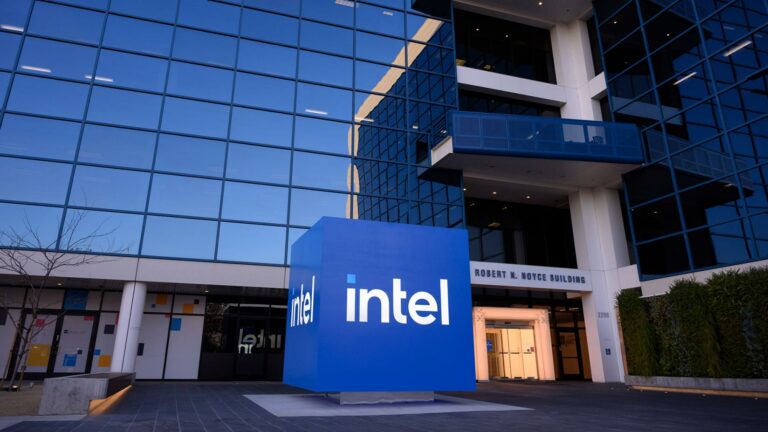Intel has decided to spin off its Programmable Solutions Group (PSG) by January 2024. The spin-off should eventually go public.
Intel recently announced that it would spin off its PSG business unit as of Jan. 1, 2024. From then on, the business unit will still fall under the chip giant’s banner, but will conduct its own accounting and market strategy. The new company will be headed by Intel executive vice president Sandra Rivera.
According to Intel, the plan is to take the corporatized business unit public two or three years later for further spin-off from the Intel group. The chip giant does want to keep a majority stake in the new company in an IPO. In addition, the PSG business unit’s intensive collaboration with Intel Foundry Services (IFS) will continue as usual.
More autonomy and flexibility
As the reason for the spin-off, Intel states that the global demand for programmable chips, or FGPAs, will increase significantly in the coming period. The spin-off of the PSG business unit should allow it to act autonomously within this market segment and have more flexibility to grow and compete.
In their comments, experts mention that the corporatization may partly be the result of CEO Pat Gelsinger’s desire for Intel to focus more on expanding (foundry) production capacity in particular. This is in order to better compete with, for example, TSMC.
Divesting various parts is an option for Intel for this purpose. Last year, Intel already floated its unit Mobileye Global and the chip giant decided to exit the automotive sector.
Intel’s FGPAs
The business unit in question within Intel is responsible, among other things, for the production of FGPAs. These are programmable processors that after delivery can be programmed by customers themselves for various functions for applications or devices. FGPAs are used within data centers, but also in communication applications, industrial environments, the automotive, aerospace and defense sectors, among others.
Intel has been making FGPAs since it acquired Altera in 2015. The chip giant made this acquisition at the time to boost its market for dedicated processors for digitally connected devices.
Also read: Intel launches Agilex 7 with R-tile, the first FPGA with PCIe 5.0
